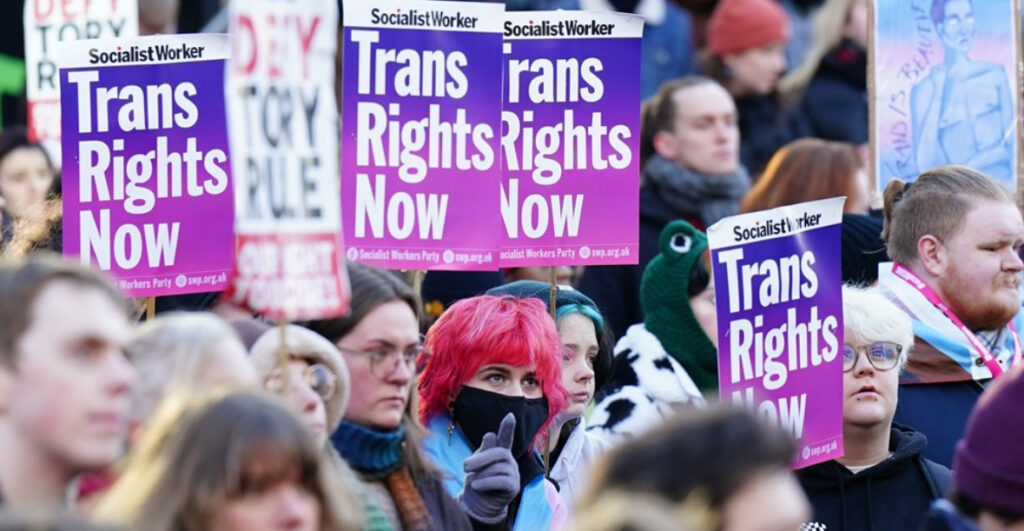LGBT+ rights organisations have voiced alarm over a landmark Supreme Court ruling which clarifies that the definition of “woman” under the Equality Act 2010 is based on biological sex.
The unanimous decision by judges means transgender women, even those holding a Gender Recognition Certificate (GRC), cannot be considered women under the terms of the Act in certain legal contexts.
The case was prompted by a legal challenge from the campaign group For Women Scotland (FWS), who opposed the inclusion of transgender women with GRCs in the statutory 50 per cent female representation quota for public boards in Scotland.
The ruling upholds their position, stating that the legislation must be interpreted with “biological sex” as the determining factor.
The decision has provoked widespread criticism from LGBT+ advocates and legal reform campaigners, who argue that the ruling undermines existing protections for trans individuals and risks reversing decades of progress.
Stonewall UK, a leading LGBT+ rights charity, described the judgement as “deeply concerning” and warned of its far-reaching implications. “This ruling will be incredibly worrying for the trans community and sends a harmful message about the erosion of their legal recognition,” a spokesperson said.
The Good Law Project, which campaigns for equality and accountability in law, also condemned the ruling, stating on social media: “This sets a dangerous precedent and effectively erases trans women from vital legal protections. It pushes trans rights back by 20 years.”
Critics also highlighted that the court did not hear evidence from transgender individuals during proceedings—an omission which, they argue, raises questions about the fairness of the outcome.
The Equality and Human Rights Commission (EHRC), which is responsible for enforcing the 2010 Equality Act, had previously cautioned that Parliament may not have fully considered the implications for biological women when drafting laws that treat transgender women with GRCs as legally female. The EHRC has welcomed the court’s clarity on the matter.
The ruling is expected to fuel further political debate ahead of next year’s Scottish parliamentary elections, as gender reform remains a divisive issue across party lines.
Campaigners on both sides are now calling for a comprehensive review of the Equality Act to reflect the evolving social and legal understanding of gender identity.
Legal experts warn that unless Parliament acts to clarify or amend the Act, transgender people with GRCs could be excluded from rights related to equal pay, protections against sex discrimination, and participation in gender-based policies—heightening fears of a broader climate of exclusion.


